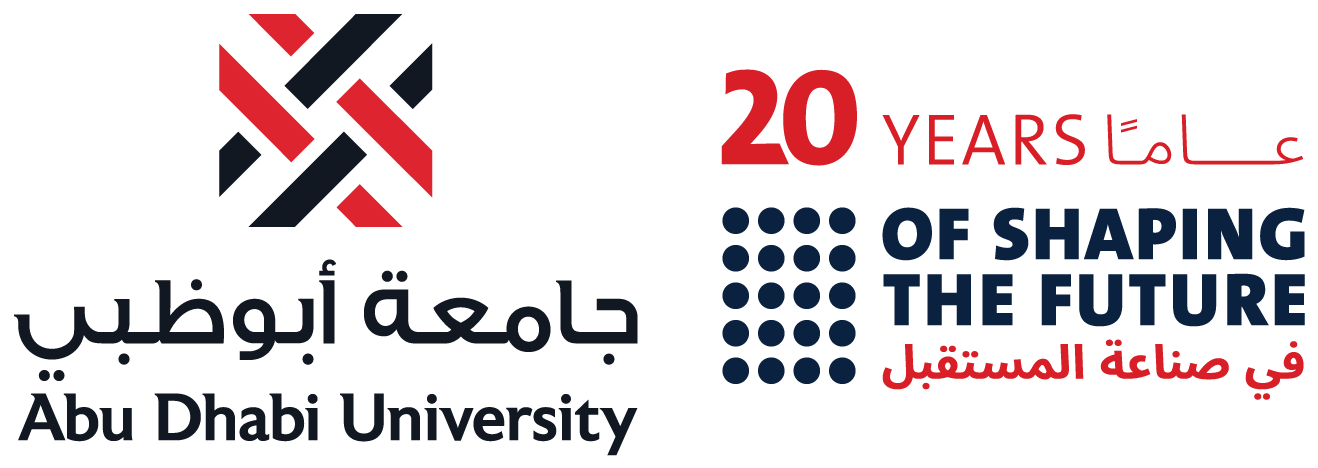Dr. Christina from CoB Speaks at an International Conference
Dr. Christina Koutra, Associate Professor in Management in ADU’s College of Business, recently spoke at the 2019 International Conference on ‘Organizational Transformation through Industry 4.0’.
Dr. Christina Koutra, Associate Professor in Management in ADU’s College of Business, recently spoke at the 2019 International Conference on ‘Organizational Transformation through Industry 4.0’. The invitation came from the P.E.S’s Modern College of Engineering, Pune, India, under the Quality Improvement Program of the Savitribai Phule Pune University. Her presentation was entitled ‘4.0 Industrial Revolution and the effects on Human Resources’. The following is an extract of the presentation:
The Fourth Industrial Revolution, taking place in the 21st century, is the fourth major industrial era since the initial Industrial Revolution of the 18th century. It relates to the technological advancements that are evolving to combine physical, digital and biological worlds, which in turn will challenge our thoughts, perceptions and ideas of what it really means to be human. The changes will not affect the way people make things, but rather how they do things in terms of the process of production. The technological revolution will also affect governance and management practices, which will change our life and the way we relate to one another.
Human resources need to be reinvented to break away from older manufacturing models, especially the ones associated with Fordism-Taylorism, and neo Fordism. The new paradigm demands a human-centric approach where the needs of people, in terms of flexibility, global mobility, belonging, and learning, are not only regarded as important but come first.
The Fourth Industrial Revolution needs data and artificial intelligence (AI) but it also needs the human mind to invent, regulate, control and innovate. It needs the human mind to think how to better regulate, control and interact with an ever increasing and evolving AI and the challenges that brings so we do not become robots ourselves. This can be brought about through a more organic managerial design, which embraces decentralization, empowers people, eliminates bureaucracies, advocates horizontal communication and emphasizes collaborative teamwork. Knowledge oriented leadership is required that supports knowledge diffusion, supportive behavior, delegation, consulting and mentoring so that innovation and learning are compatible with Industry 4.0. Cognitive readiness skills, critical thinking and emotional and social intelligence competencies, including empathy and relationship management, are required to make an impact and influence followers and stakeholders in the digital world.
The greatest challenge for any HR professional in the future will center on how they leverage the evolving world of technology, and countless systems designed to improve efficiency and productivity, without losing sight of the humanity that enables people to thrive in their role. At the end of the day, employees want to know that their company recognizes them as valuable human beings, making a difference in the world, no matter how big or small. The job of HR is, and always should be, focused on how employees are treated, recognized, developed and, most importantly, listened to. We have to use AI to design the future but we need to know that there is no single, predetermined future.
